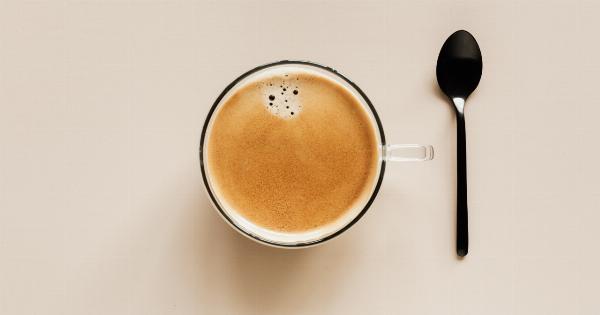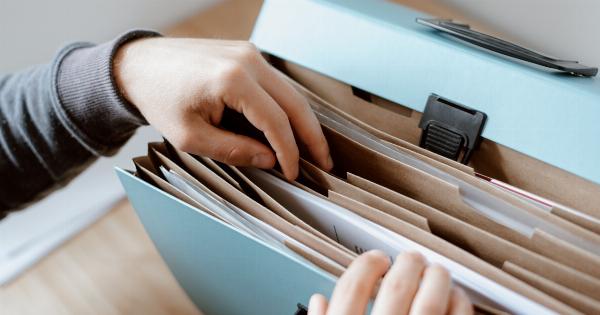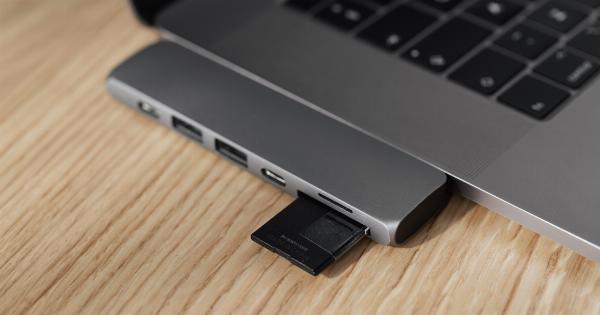Food is one of the primary sources of energy for the human body. It provides the necessary nutrients and vitamins to keep us moving throughout the day. However, the timing and size of our meals can have a significant impact on our sleep patterns.
In this article, we explore the link between lunch and sleep and how it affects us depending on the length of our lunch break.
The Science Behind the Link
Our body has an internal clock, known as the circadian rhythm, that regulates our sleep-wake cycles. This rhythm is influenced by various factors, including light exposure, food intake, and physical activity.
When we consume food, our body releases insulin to break down glucose and release energy. This surge in insulin can affect our overall alertness and energy levels, making us feel drowsy after a meal.
Additionally, the size and composition of our meals can also have an impact on our sleep. Foods high in protein and fat take longer to digest, which can lead to feelings of lethargy and discomfort.
On the other hand, a meal high in carbohydrates can cause a rapid increase in blood sugar levels, leading to a burst of energy followed by a crash.
Effects of Short Lunch Breaks
For many of us, a lunch break is a brief moment in the day where we can refuel and recharge for the rest of the workday. However, a short lunch break may not provide enough time for our bodies to digest and process the food we’ve consumed.
This can lead to feelings of grogginess and reduced concentration, impacting our productivity for the remainder of the day.
Furthermore, a quick lunch break may also lead us to choose fast food or unhealthy options that are high in sugar, salt, and fat.
These types of foods can cause a rapid spike in blood sugar levels followed by a crash, affecting our energy levels and ability to focus.
Effects of Long Lunch Breaks
On the other end of the spectrum, a long lunch break may provide us with ample time to enjoy a well-balanced meal and take a short nap. This can help boost our energy levels and improve our concentration for the remainder of the workday.
Taking a short nap, also known as a “power nap,” has been shown to improve cognitive function, memory retention, and overall alertness.
This is especially beneficial for those who experience an afternoon slump and struggle to remain focused.
How to Optimize Your Lunch Break
Whether your lunch break is short or long, there are several ways to optimize it for better overall health and productivity.
Firstly, choose nutrient-dense and balanced meals that include a combination of proteins, carbohydrates, and healthy fats. This will provide your body with sustained energy and help prevent mid-afternoon crashes.
Secondly, consider taking a short nap if possible. A 20-minute nap can help improve mental performance and refresh your mind for the remainder of the day.
Finally, avoid consuming large amounts of sugar, salt, or caffeine, which can interfere with sleep and cause jitters or crashes later on.
Conclusion
Overall, the link between lunch and sleep is a complex one with various factors at play.
While a short lunch break may leave us feeling groggy and unproductive, a longer break that includes a balanced meal and a short nap can help improve our energy levels and cognitive performance for the remainder of the day. By making mindful choices about our food and sleep habits, we can optimize our lunch breaks for better overall health and productivity.





























